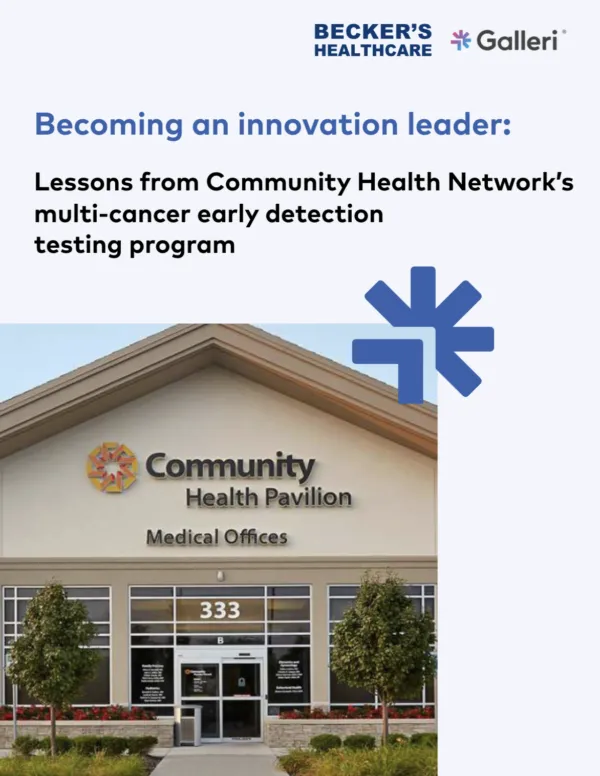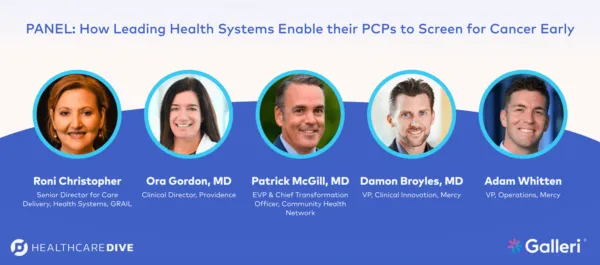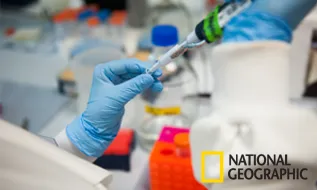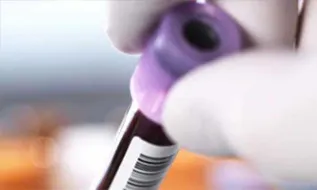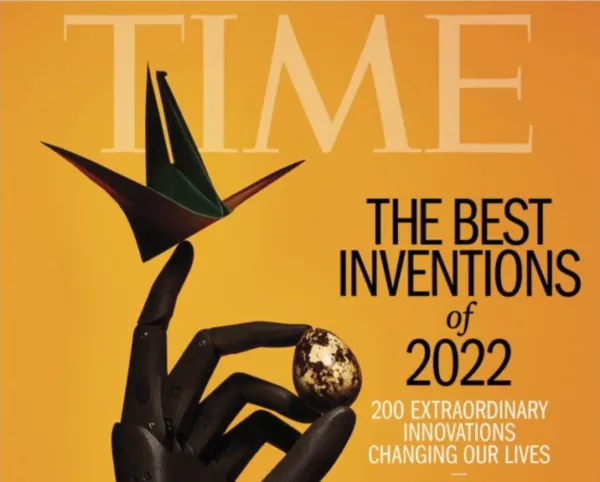Rethink cancer screening for your health system or provider network
Screen for many of the deadliest cancers with a single blood draw.1
The Galleri test does not detect a signal for all cancers and not all cancers can be detected in the blood. False positive and false negative results do occur. The Galleri test should be used in addition to healthcare provider recommended screening tests.

The Galleri test does not detect a signal for all cancers and not all cancers can be detected in the blood. False positive and false negative results do occur. The Galleri test should be used in addition to healthcare provider recommended screening tests.
Leading organizations at the forefront of cancer screening with the Galleri® test

How the Galleri test works
Cancers growing in the body shed DNA into the bloodstream.1,7,8 Although there are many types of cancer, the DNA fragments act like a unique “fingerprint” of cancer. The Galleri test screens for many of the deadliest cancers before they become symptomatic,1,9 including some without recommended screening tests.1,3 The Galleri test results provide direction to your healthcare provider on the cancer’s origin and can help guide next steps for diagnosis.9
Galleri is a screening test and does not diagnose cancer. Diagnostic testing is needed to confirm cancer. The Galleri test should be used in addition to healthcare provider recommended screening tests.
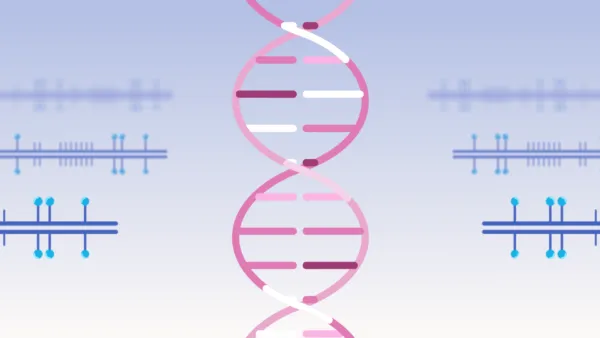
“Multi-cancer early detection tests should be added to routine cancer screening, and that's what we're doing here at Adventist Health.”
Dr. Tyler Kang
Medical Oncologist and Medical Director
Adventist Health Martin O'Neill Cancer Center

‡The PATHFINDER study was conducted with an earlier version of the Galleri test. Participants responding satisfied, very satisfied, or extremely satisfied to the following question: “Taking all things into account, how satisfied or dissatisfied are you with the multi-cancer early detection test?”
Ongoing clinical evidence program backed by 380,000+ participants
The GRAIL clinical evidence program includes more than 380,000 participants in completed or ongoing studies. To support and validate our technology, studies are being performed at leading health systems and community and academic medical centers in the US and UK.
Learn more about the Galleri test
Learn more
To connect with GRAIL, please fill out this form.
If you are a concierge, private, or group practice provider, complete this form instead.
Health System or Provider Network
By submitting this form, you agree to GRAIL’s use of this information to contact you, including for marketing purposes. Please do not include any sensitive or confidential information, including health information. For more information, please refer to our privacy notice.
The Galleri test is recommended for use in adults with an elevated risk for cancer, such as those age 50 or older. The test does not detect all cancers and should be used in addition to routine cancer screening tests recommended by a healthcare provider. The Galleri test is intended to detect cancer signals and predict where in the body the cancer signal is located. Use of the test is not recommended in individuals who are pregnant, 21 years old or younger, or undergoing active cancer treatment.
Results should be interpreted by a healthcare provider in the context of medical history, clinical signs, and symptoms. A test result of No Cancer Signal Detected does not rule out cancer. A test result of Cancer Signal Detected requires confirmatory diagnostic evaluation by medically established procedures (e.g., imaging) to confirm cancer.
If cancer is not confirmed with further testing, it could mean that cancer is not present or testing was insufficient to detect cancer, including due to the cancer being located in a different part of the body. False positive (a cancer signal detected when cancer is not present) and false negative (a cancer signal not detected when cancer is present) test results do occur. Rx only.
The GRAIL clinical laboratory is certified under the Clinical Laboratory Improvement Amendments of 1988 (CLIA) and accredited by the College of American Pathologists. The Galleri test was developed — and its performance characteristics were determined — by GRAIL. The Galleri test has not been cleared or approved by the Food and Drug Administration. The GRAIL clinical laboratory is regulated under CLIA to perform high-complexity testing. The Galleri test is intended for clinical purposes.
- Klein EA, Richards D, Cohn A, et al. Clinical validation of a targeted methylation-based multi-cancer early detection test using an independent validation set. Ann Oncol. 2021;32(9):1167-77. doi: 10.1016/j.annonc.2021.05.806
- American Cancer Society. Cancer facts & figures 2022. https://www.cancer.org/research/cancer-facts-statistics/all-cancer-facts-figures/cancer-facts-figures-2022.html [GRAIL, Inc. Data on file: GA-2021-0065]
- US Preventive Services Task Force. A,B,C grade recommendations, cancer, screening [cited 2023 Oct 23]. https://www.uspreventiveservicestaskforce.org/uspstf/topic_search_results
- [GRAIL, Inc. Data on file: GA-2021-0004]
- Tafazzoli A, Ramsey SD, Shaul A, et al. The potential value-based price of a multi-cancer early detection genomic blood test to complement current single cancer screening in the USA. PharmacoEconomics. 2022;40(11):1107-17. doi: 10.1007/s40273-022-01181-3
- Reddy SR, Broder MS, Chang E, et al. Cost of cancer management by stage at diagnosis among Medicare beneficiaries. Curr Med Res Opin. 2022;38(8):1285-94. doi: 10.1080/03007995.2022.2047536
- Liu MC, Oxnard GR, Klein EA, et al. Sensitive and specific multi-cancer detection and localization using methylation signatures in cell-free DNA. Ann Oncol. 2020;31(6):745-59. doi: 10.1016/j.annonc.2020.02.011
- Thierry AR, El Messaoudi S, Gahan PB, et al. Origins, structures, and functions of circulating DNA in oncology. Cancer Metastasis Rev. 2016;35:347–76. doi: 10.1007/s10555-016-9629-x
- Schrag D, Beer TM, McDonnell CH, et al. Blood-based tests for multi-cancer early detection (PATHFINDER): a prospective cohort study. Lancet. 2023;402:1251-1260. doi: 10.1016/S0140-6736(23)01700-2
- Hubbell E, Clarke CA, Aravanis AM, et al. Modeled reductions in late-stage cancer with a multi-cancer early detection test. Cancer Epidemiol Biomarkers Prev. 2021;30(3):460-8. doi: 10.1158/1055-9965.EPI-20-1134
- Nadauld L, McDonnell CH, Dilaveri CA, et al. Psychosocial impact associated with a multicancer early detection test (PATHFINDER): a prospective, multicentre, cohort study. Lancet Oncol. 2025;26(2):165-74. doi: 10.1016/S1470-2045(24)00645-4






